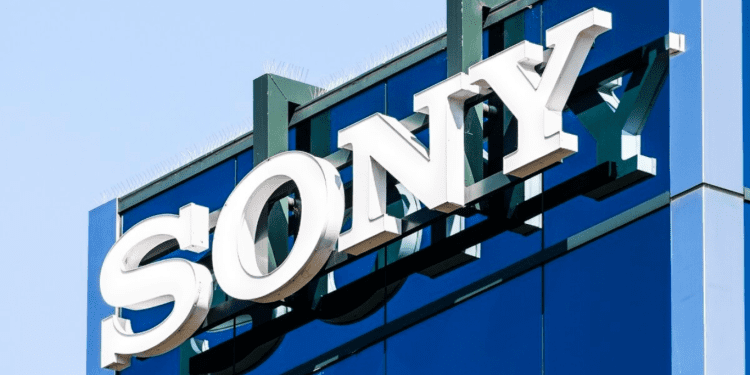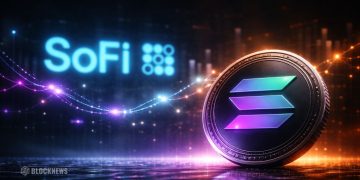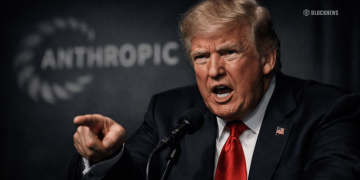Sony has filed a patent to track in-game digital assets with NFTs, giving the electronics company sole rights to a system that tracks digital assets in video games using blockchain technology, specifically NFTs.
Sony is patenting a way to use blockchain ledgers to keep track of digital content to authenticate and appraise value. This would make it easier to sell digital assets in a marketplace. Speaking on the matter, Sony said:
“In traditional video games, there is no way to differentiate a specific instance of an in-game item that a famous player of the video game used to win a famous tournament from any other instance of the in-game item.”
The news came in a newly published document revealing that global entertainment conglomerate Sony applied for a patent in 2021.
Sony’s Patent Rights
Sony is a Japanese multinational technology giant famous for releases such as the PlayStation gaming consoles. With this patent, the company highlights the global popularity of gaming and players looking to own rare items associated with their favorite celebrities, activities, and electronic sports (e-sports) tournament winners.
Sony plans to “use a distributed ledger, or blockchain, from the application to record digital assets, gameplay, and video clips.” It also wants to feature a unique token for the digital item with a unique identifier and metadata that would identify the properties of the digital asset.
The patent went public on November 10, 2022, for a system enabling it to track non-fungible tokens (NFTs) in video games through blockchain technology.
Although the filing is only for a patent, it is evidence of Sony’s interest in venturing into the growing NFT gaming space. With this, it looks to create a token-based economy where gamers can buy, sell, and event rent digital assets, including user-generated items.
In a statement, Sony said, “changes like ownership, visual appearance, and metadata, among others, to properties of the digital asset can be identified in a request to update the history.” This means that one can generate a new block and append it to the distributed ledger, which would identify the changes to the history of the digital asset, including cosmetics, in-game items, customized weapons and armor, game save files and load-outs, and even social content created by PlayStation users like screenshots and video.
While Sony is not the first company to leverage blockchain technology, this move merits it as one of the most extensive entertainment and media corporations planning to integrate NFTs and blockchain technology into its games. Nevertheless, some far-reaching implications come with this patent, as it concerns the future of the PlayStation brand.
Implications of Sony’s latest patent
In principle, Sony wants to make in-game items unique, presumably because special items are more valuable and could cost more money. However, it is imperative to note that a lot of this is theoretical, and there is a good chance that most of the features described in the patent will not be used.
Unlike most patents, this one is highly technical and transcends many scenarios. There is a library of drawings, figures, and descriptions for specific features. By making direct references to collectibles from celebrities or influencers, the patent underscores the NFT focus.
However, unlike a traditional NFT that is practically an image, these digital assets could be usable in a game. Possible use cases include items, weapons, cosmetics, and actual game save files, similar to Sony’s previous patent to let users “jump” into another player’s save game effectively.
In May 2022, the giant electronics company signed a deal to collaborate with Theta Labs to launch a collection of 3D NFTs. The rare edition NFT collection is viewable on the Sony tablet-style device, Spatial Reality Display.
According to data on CoinGecko, Axie Infinity, Alien Worlds, STEPN, and The Sandbox are the leading NFT games, otherwise referred to as Play-to-earn (P2E) games. Noteworthy, Sony’s latest patent does not mean the features described herein will be available in any finalized product or service.














